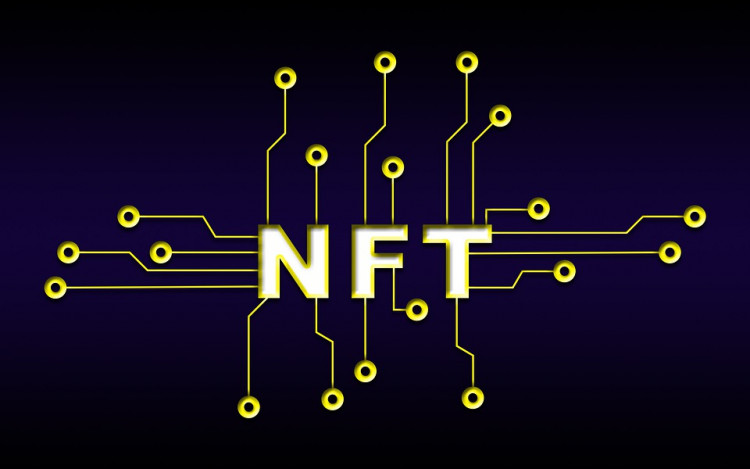OpenSea co-founder and chief executive officer Devin Finzer disclosed that the NFT marketplace is cutting off approximately 20 percent of its employees.
Finzer did not specify the number of individuals represented.
A January Forbes story lauding Finzer and his co-founder Alex Atallah's $2.2 billion net worth stated that the company employed more than 70 individuals.
An OpenSea representative assures that 230 employees will be retained.
In February, OpenSea secured an additional $300 million in funding and was valued at $13.3 billion. The marketplace was the top seller of tokens, earning a 2.5 percent commission on deals.
Nonetheless, a sustained decline in activity and prices has resulted in headlines stating that NFT sales are flatlining or have fallen off a cliff, while many companies that have adopted or hinted at using NFTs have faced blowback.
Recently, Reddit debuted an NFT Collectible Avatars feature without explicitly addressing the phrase, and just today, a Sony marketing executive had to allay players' concerns that a new digital collectibles feature would bring blockchain technology and NFTs to PS5s.
It's the most recent in a succession of Web3 companies that expanded fast over the past couple of years as cryptocurrency values soared and are now laying off employees.
Before announcing the layoffs, Finzer stated that the company was able to contact affected employees in person and provide "substantial" severance, healthcare for the remainder of the year, job placement assistance, and expedited stock vesting.
Finzer states in his note that these adjustments provide the corporation with up to five years of runway if the "crypto winter" continues.
The cryptocurrency exchange Coinbase, which established an NFT marketplace earlier this year, laid off 1,100 employees last month, and GameStop just debuted its NFT store last week, days after announcing layoffs.
OpenSea has had to handle "authenticity" despite the fact that the main premise of non-fungible tokens is their ability to authenticate ownership of digital things and decentralization that does not depend on a single source for verification.
It is deleting tokens for works whose producers do not have the rights to sell their content or that merely imitate other NFTs, such as the Bored Ape Yacht Club.
In addition, it has begun launching a new SeaPort protocol that is intended to greatly reduce the bothersome gas prices that sometimes increase during times of heavy demand, and it has recently revamped its profile pages.





